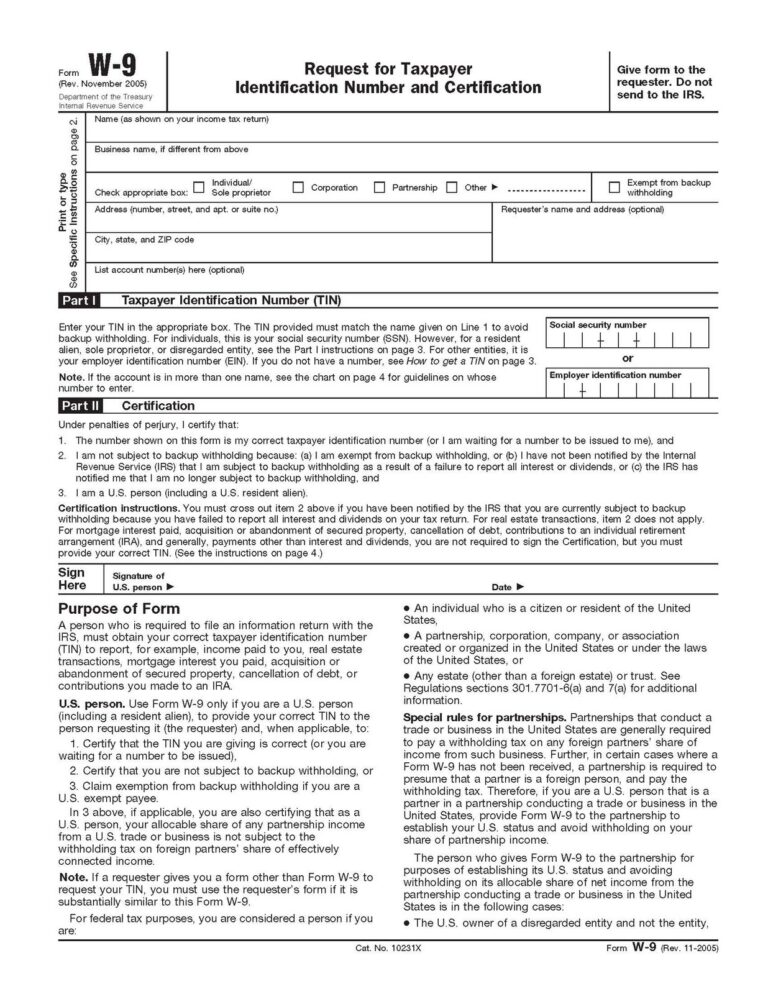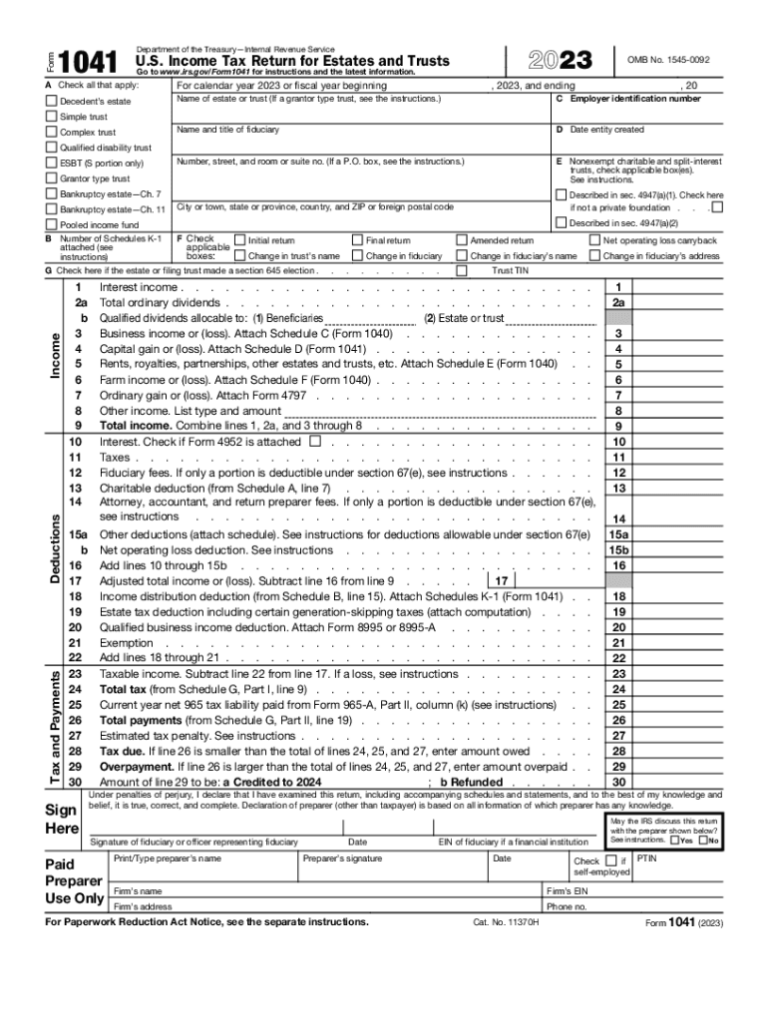Free 6th Form Colleges Download: Your Guide to Affordable and Accessible Education
In the ever-evolving landscape of education, free 6th form colleges have emerged as beacons of opportunity, providing students with a cost-effective and high-quality path to higher education. These institutions offer a wide range of academic programs, specialized courses, and support services, empowering students to pursue their educational goals without the burden of financial constraints.
As we delve into the world of free 6th form colleges, this comprehensive guide will provide you with a detailed overview of their benefits, types, curriculum, admission requirements, student support, career prospects, and more. Whether you’re a prospective student, parent, or educator, this resource will equip you with the knowledge and insights you need to make informed decisions about your educational journey.
Free 6th Form Colleges
Sixth form colleges, commonly referred to as “sixth forms” or “colleges,” are educational institutions in the United Kingdom that provide students with a two-year post-16 education, typically leading to A-Levels or other equivalent qualifications. Free sixth form colleges, as the name suggests, offer this education without charging tuition fees to students.
The history of free sixth form colleges can be traced back to the 1960s when the government introduced a policy to encourage the expansion of post-16 education. This led to the establishment of many new sixth form colleges, which were typically funded by local authorities. In recent years, the funding of sixth form colleges has become more centralized, with the majority of funding now coming from the central government.
Benefits of Attending a Free 6th Form College
There are many benefits to attending a free sixth form college. These include:
- Financial savings: Students can save a significant amount of money by attending a free sixth form college, as they do not have to pay tuition fees.
- Access to quality education: Free sixth form colleges offer a high-quality education that is comparable to that offered by fee-paying schools.
- Specialized programs: Many free sixth form colleges offer specialized programs that are not available at other schools. These programs can help students to prepare for specific careers or further study.
Types of Free 6th Form Colleges
Yo, check it! There are a few different types of free 6th form colleges out there, fam. Let’s break it down, blud:
State-Funded
These colleges are funded by the government, so they’re free to attend. They’re usually pretty big and have a wide range of courses to choose from. Some state-funded colleges also offer boarding facilities, which can be a sick option if you don’t fancy commuting every day.
Strengths: Free to attend, wide range of courses, often have boarding facilities.
Weaknesses: Can be quite large and impersonal, some may not offer the same level of support as other types of colleges.
Independent
These colleges are not funded by the government, so they charge fees to attend. They’re usually smaller than state-funded colleges and have a more selective admissions process. Independent colleges often have a strong academic reputation and offer a wider range of extracurricular activities.
Strengths: Smaller class sizes, more personalized support, strong academic reputation, wider range of extracurricular activities.
Weaknesses: Can be expensive to attend, not as many courses to choose from as state-funded colleges.
Faith-Based
These colleges are affiliated with a particular religion or denomination. They usually have a strong focus on religious education and may require students to attend religious services.
Strengths: Strong sense of community, often offer financial aid, may have a particular focus on certain subjects.
Weaknesses: May not be suitable for students who do not share the same religious beliefs, may have a narrower range of courses to choose from.
Curriculum and Programs

Free 6th form colleges offer a diverse range of curriculum options, catering to the varied interests and aspirations of students. They provide a blend of academic and vocational pathways, enabling students to pursue their passions while developing skills that align with their future career goals.
Subjects and Specializations
Students can choose from a wide selection of A-Level subjects, covering traditional academic disciplines such as English, Mathematics, and Sciences, as well as more specialized areas like Psychology, Sociology, and Computer Science. In addition, free 6th form colleges offer vocational courses, such as Business Studies, Health and Social Care, and Engineering, which provide practical training and industry-recognized qualifications.
Flexibility and Customization
One of the key strengths of free 6th form colleges is the flexibility and customization options they offer. Students can tailor their curriculum to suit their individual needs and interests, choosing from a range of subjects and qualifications. This allows them to specialize in areas that they are passionate about and prepare for their desired career paths.
Admission Requirements and Application Process

Free 6th form colleges typically have flexible admission requirements to make education accessible to all. They understand that students from diverse backgrounds may have different academic experiences and qualifications.
Academic Qualifications
Most free 6th form colleges require students to have a minimum of five GCSEs, including English and Maths, at grades 4 or above. Some colleges may also require specific GCSE subjects related to the courses you wish to study. It’s important to check the specific requirements of the college you’re interested in.
Personal Statements
Personal statements are an important part of the application process. They give you the chance to showcase your skills, interests, and motivations. In your personal statement, you should explain why you’re interested in studying at a free 6th form college and what you hope to achieve. You should also highlight any relevant experience or qualifications you have.
References
References are another important part of the application process. They provide colleges with an external perspective on your academic ability and personal qualities. You should ask two people who know you well, such as teachers, employers, or youth workers, to write you references.
Application Process
The application process for free 6th form colleges is straightforward. You can usually apply online or by post. The deadlines for applications vary depending on the college, so it’s important to check their website.
Once you’ve submitted your application, you’ll be invited to an interview. The interview is an opportunity for the college to get to know you better and assess your suitability for the course.
Special Considerations
Free 6th form colleges are committed to providing equal opportunities for all students. They offer a range of support services for students from disadvantaged backgrounds, such as:
* Financial assistance
* Mentoring
* Academic support
* Careers advice
If you’re from a disadvantaged background, don’t be afraid to ask for help. Free 6th form colleges are here to support you.
Student Support and Facilities
Free 6th form colleges are dedicated to supporting their students in all aspects of their academic and personal lives. They offer a wide range of student support services, including:
- Academic tutoring
- Career counseling
- Mental health support
- Learning support for students with disabilities
- Financial aid counseling
- Personal counseling
In addition to these services, free 6th form colleges also provide students with access to a variety of facilities, including:
- Libraries
- Computer labs
- Sports fields
- Social spaces
The staff and faculty at free 6th form colleges are committed to creating a supportive and inclusive learning environment. They are always willing to go the extra mile to help students succeed.
Career Prospects and Further Education
Free 6th form colleges equip students with the skills and qualifications necessary for a wide range of career paths. Graduates enjoy high employment rates and competitive salaries, often exceeding the national average.
Furthermore, free 6th form colleges provide a solid foundation for further education, offering pathways to universities, apprenticeships, and vocational training. Many alumni have gone on to achieve notable careers in diverse fields, including medicine, law, engineering, and business.
University Progression
Free 6th form colleges offer A-levels and other qualifications recognized by universities. Graduates can apply to universities in the UK and abroad, with many gaining admission to prestigious institutions.
Apprenticeships and Vocational Training
Free 6th form colleges also offer vocational courses and apprenticeships, providing students with hands-on experience and industry-specific skills. These programs lead to qualifications that are highly valued by employers.
Success Stories
Numerous alumni of free 6th form colleges have gone on to achieve great success in their chosen careers.
- One former student became a doctor after graduating from medical school with honors.
- Another alumnus is now a successful entrepreneur, having founded his own tech company.
- A graduate of a free 6th form college is now a lawyer specializing in international law.
FAQ
What are the main advantages of attending a free 6th form college?
Free 6th form colleges offer significant advantages, including substantial financial savings, access to high-quality education, and specialized programs tailored to students’ interests and career goals.
What types of free 6th form colleges are available?
There are various types of free 6th form colleges, such as state-funded institutions, independent colleges, and faith-based colleges, each with unique characteristics and strengths.
What curriculum and programs are offered at free 6th form colleges?
Free 6th form colleges provide a diverse range of subjects and specializations, including A-Levels, vocational courses, and apprenticeships, allowing students to customize their education to their interests and career aspirations.
What are the admission requirements for free 6th form colleges?
Admission requirements vary depending on the institution but typically include academic qualifications, personal statements, and references. Some colleges may also offer special considerations for students from disadvantaged backgrounds.
What kind of student support services are available at free 6th form colleges?
Free 6th form colleges provide comprehensive student support services, such as academic tutoring, career counseling, and mental health support, to ensure students’ well-being and academic success.





